- 140 Posts
- 17 Comments

 2·10 months ago
2·10 months agodeleted by creator

 10·10 months ago
10·10 months agodeleted by creator

 10·11 months ago
10·11 months agodeleted by creator

 10·11 months ago
10·11 months agodeleted by creator
deleted by creator
deleted by creator

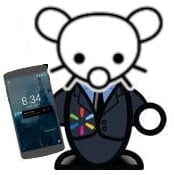 81·11 months ago
81·11 months agodeleted by creator

 24·11 months ago
24·11 months agodeleted by creator

 91·11 months ago
91·11 months agodeleted by creator

 3·11 months ago
3·11 months agodeleted by creator

 3·11 months ago
3·11 months agodeleted by creator
deleted by creator

 19·11 months ago
19·11 months agoMore info:
https://asahilinux.org/2023/08/fedora-asahi-remix/
https://social.treehouse.systems/@marcan/110825522690584932
Some key points:
- We aim to officially release the Fedora Asahi Remix by the end of August 2023.
- Very soon after Asahi Linux started (well before our Arch ARM-based release), Neal Gompa joined our IRC channels and we started talking about working towards integrating our work into Fedora… The Fedora Asahi project started in late 2021, and work began in 2022 alongside the Arch ARM release.
- Working directly with upstream means not only can we integrate more closely with the core distribution, but we can also get issues in other packages fixed quickly and smoothly. This is particularly important for platforms like desktop ARM64, where we still run into random app and package bugs quite often.

 7·1 year ago
7·1 year agoHi! It’s called iCloud Private Relay and it’s detailed here: https://threadreaderapp.com/thread/1402274867366477831.html

 81·1 year ago
81·1 year agoApple’s stated reason for not covering mail, contacts and calendar is “Because of the need to interoperate with the global email, contacts, and calendar systems, iCloud Mail, Contacts, and Calendar aren’t end-to-end encrypted”. I think it’s worth mentioning that critical bit of context. https://support.apple.com/en-sg/guide/security/sec973254c5f/web. Apple does have to balance usability and security, though this might not be as secure / private as you or I would like.
I think it’s a little misleading to say they considered backdooring it. They intended to scan images for CSAM before uploading it to iCloud Photo Library. A lot of speculation was they wanted to E2EE photos but were worried about the reaction from the FBI and other bodies, given the FBI had pressured them on this before, and so settled on this compromise. If they had managed to do this, they wouldn’t be able to access the photos after they had been uploaded, hence, they had to scan them prior to the uploading.
They attempted to do this with a very complex (and honestly still relatively privacy-preserving) way of comparing perceptual hashes, but perhaps they realised (from the feedback accompanying the backlash) this could easily be abused by authoritarian governments, so they abandoned this idea.
I would assume that a company like Apple is getting significant pressure behind back doors, and they cater to an audience that is unforgiving for any slight reduction in performance or ease-of-use, and wants security features that are almost fully transparent to them. Given these constraints, I’m not sure they can improve much faster than what they’ve demonstrated. Smaller, open-source projects probably don’t have these constraints.

 12·1 year ago
12·1 year agoYou’re absolutely right that it’s still an issue to transmit information about the developer certificate. Apple published a response to this, which admittedly is not ideal:
https://support.apple.com/en-us/HT202491#view:~:text=Privacy protections
We have never combined data from these checks with information about Apple users or their devices. We do not use data from these checks to learn what individual users are launching or running on their devices.
These security checks have never included the user’s Apple ID or the identity of their device. To further protect privacy, we have stopped logging IP addresses associated with Developer ID certificate checks, and we will ensure that any collected IP addresses are removed from logs.
In addition, over the the next year we will introduce several changes to our security checks:
A new encrypted protocol for Developer ID certificate revocation checks
Strong protections against server failure
A new preference for users to opt out of these security protections

 313·1 year ago
313·1 year agoI’m sorry but did you read the article l linked to or the TL;DR I lifted from the article?
They do not send the app you open to Apple, and there is no evidence they send it to third parties as the app information is not sent at all!
Nevertheless, they do send information about the developer certificate for notarization and gatekeeper checks.
https://support.apple.com/en-us/HT202491#view:~:text=Privacy protections
Quote:
We have never combined data from these checks with information about Apple users or their devices. We do not use data from these checks to learn what individual users are launching or running on their devices.
To further protect privacy, we have stopped logging IP addresses associated with Developer ID certificate checks, and we will ensure that any collected IP addresses are removed from logs.
In addition, over the the next year we will introduce several changes to our security checks: A new encrypted protocol for Developer ID certificate revocation checks Strong protections against server failure A new preference for users to opt out of these security protections

 16011·1 year ago
16011·1 year agoUnfortunately, this is highly misleading.
Thank you for sharing this, and I appreciate good, high quality information about privacy but please don’t spread misleading information about one of the few companies that provides easily accessible private tools for the not-so-tech-savvy, as well as the busy.
Apple applies E2E encryption for almost all iCloud data with Advanced Data Protection, applies something similar to Tor for web browsing, kills tracking pixels in your mail, uses differential privacy to avoid identifying you, and so much more.
Please see: https://blog.jacopo.io/en/post/apple-ocsp/
TL;DR
No, macOS does not send Apple a hash of your apps each time you run them.
You should be aware that macOS might transmit some opaque3 information about the developer certificate of the apps you run. This information is sent out in clear text on your network.
You shouldn’t probably block ocsp.apple.com with Little Snitch or in your hosts file.

 5·1 year ago
5·1 year agoYou’re absolutely right that closed source makes it much harder to verify that software does what it’s supposed to do. I’m not sure in the absence of ability to view the source how we can be sure that Apple does what they say. (maybe network packet sniffing? Are there privacy audits? Must it be disclosed in GDPR requests?) I hope someone with the appropriate qualifications is able to chime in on this.
I’m sorry for my poor explanation, and unfortunately I do not specialise in differential privacy. My layman’s understanding is that they add noise to the segments of your navigation before sending it to themselves. Once they receive the noisy data, if they average out many samples, the noise is “averaged out” in aggregate statistics. I hope an expert on differential privacy is able to chime in.

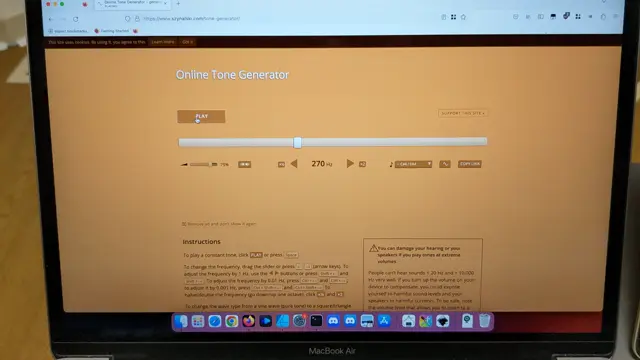




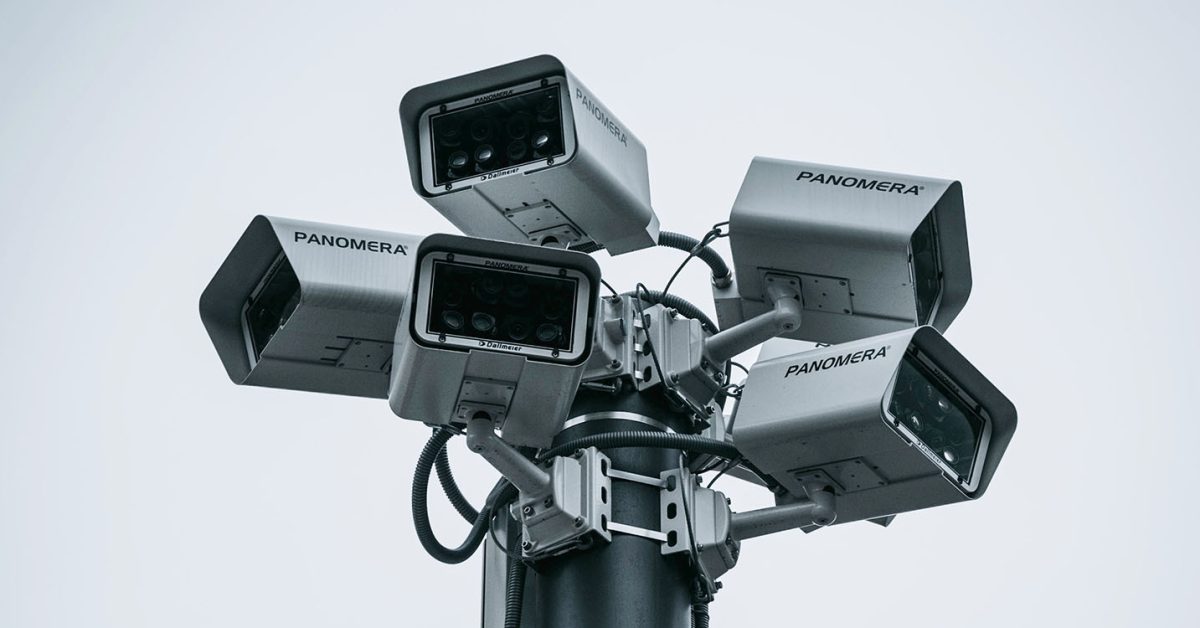


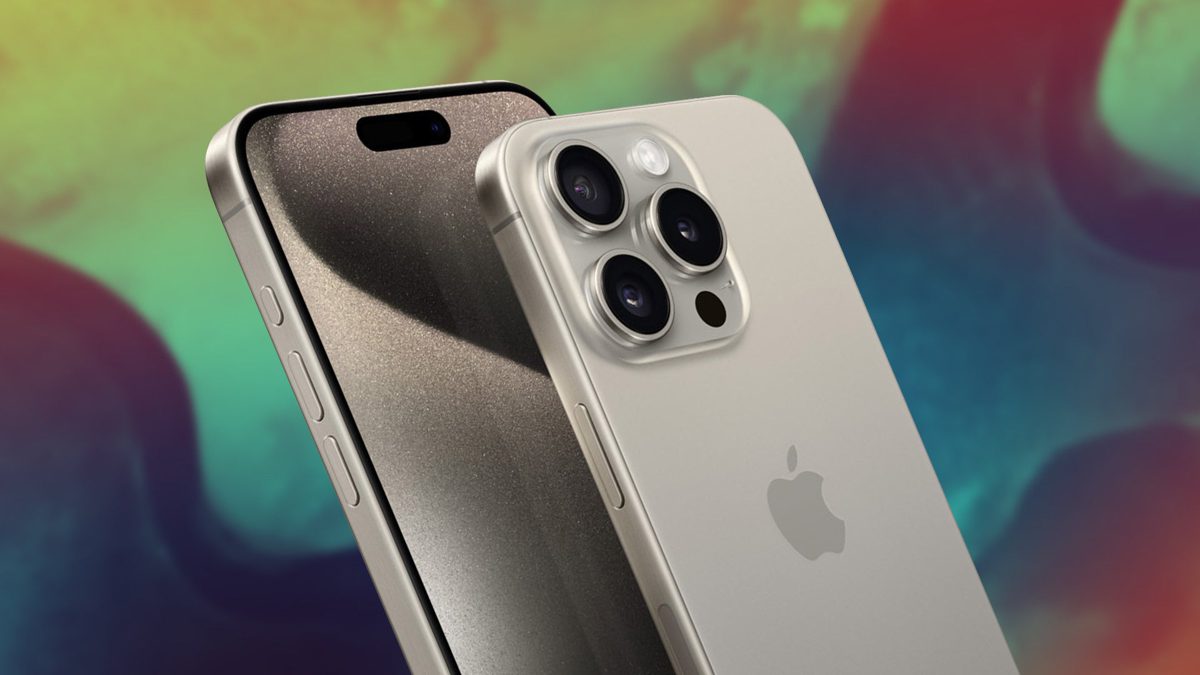




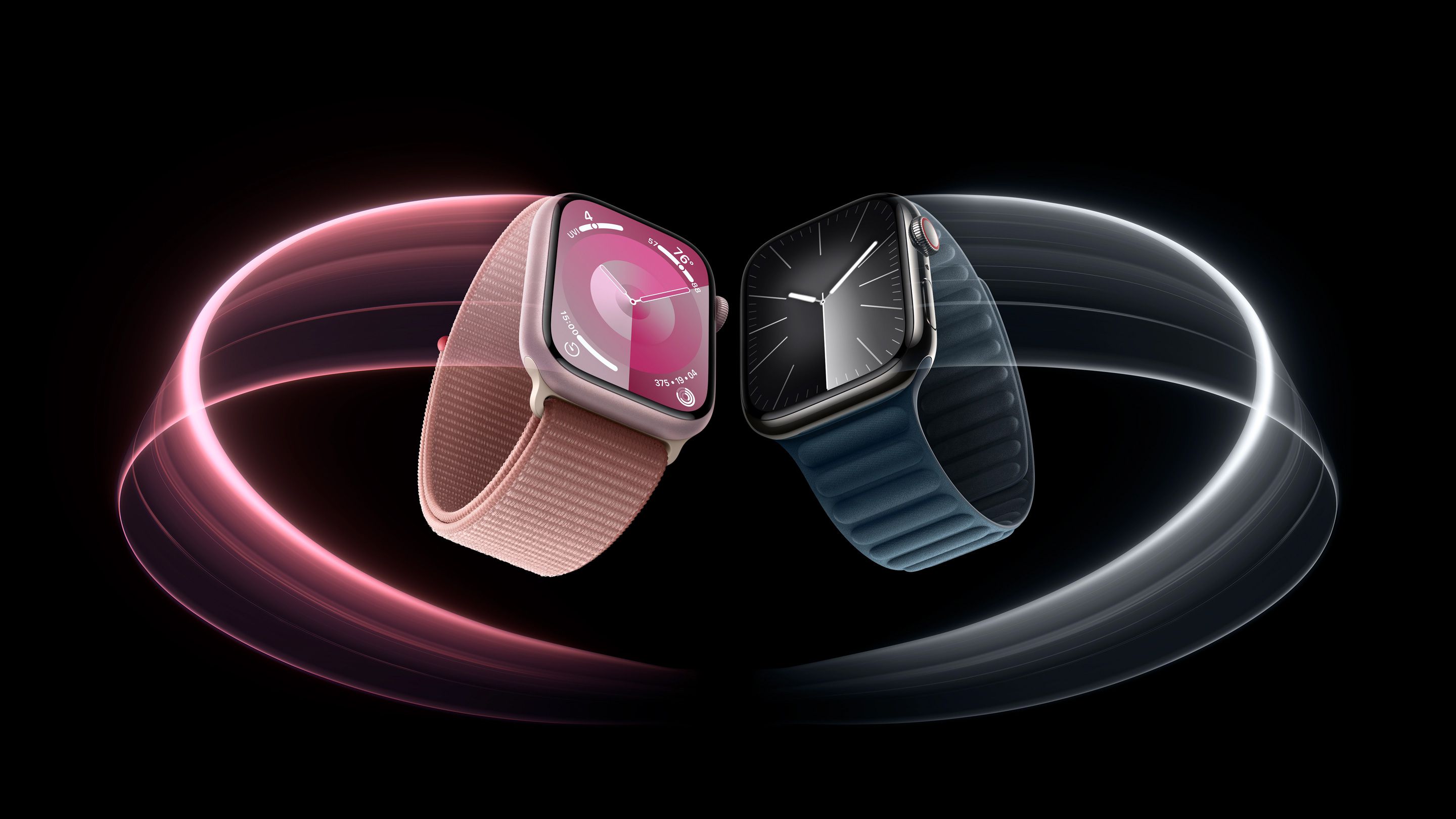
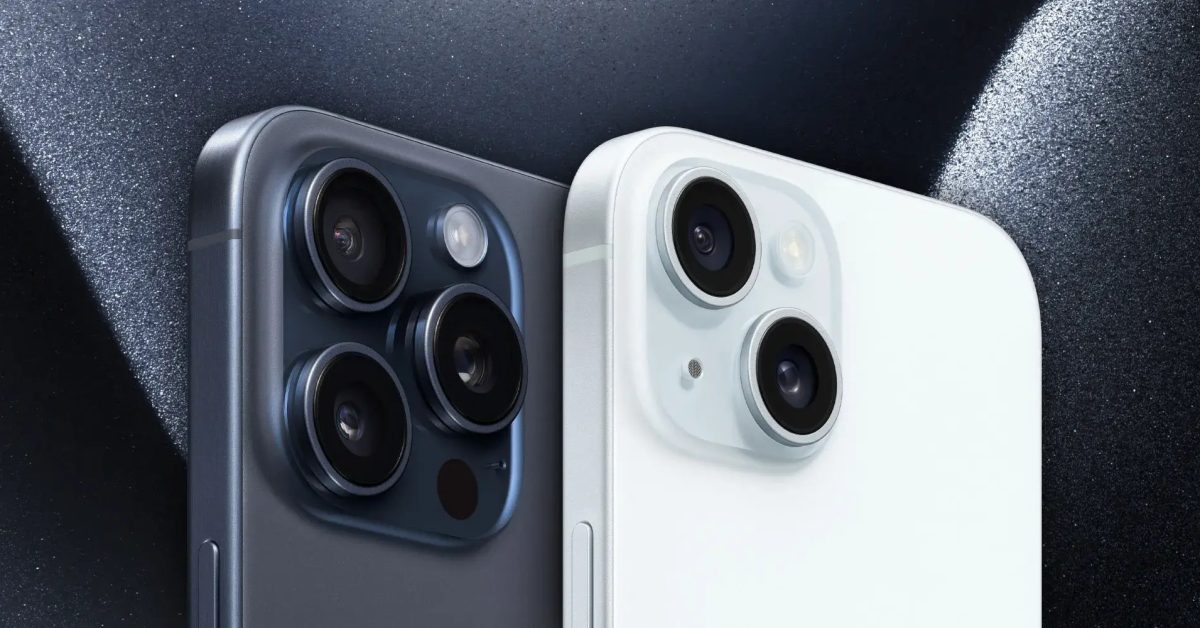






deleted by creator